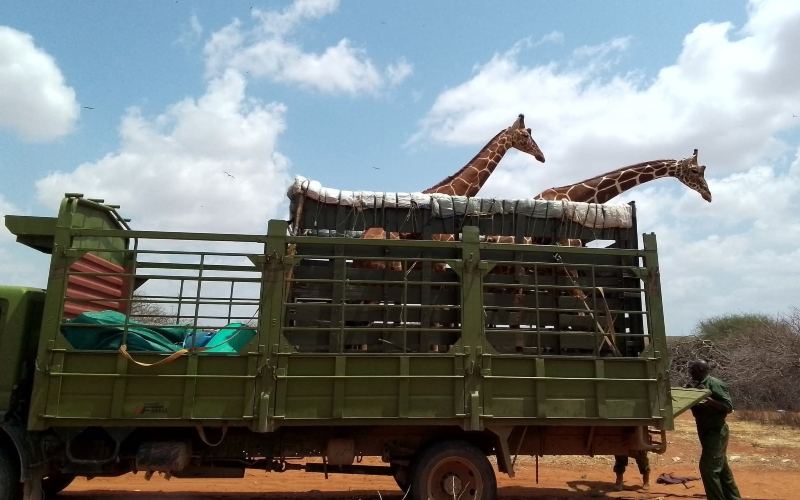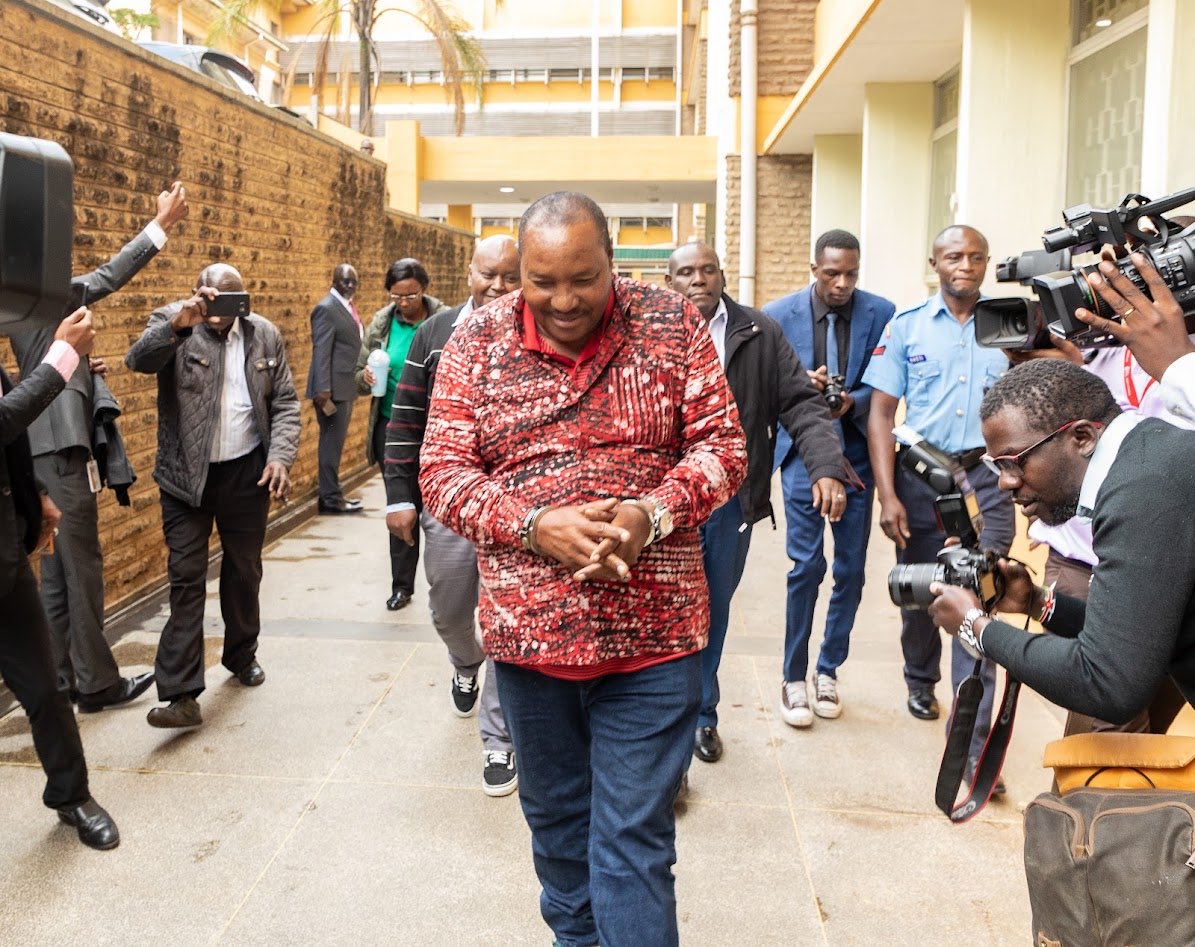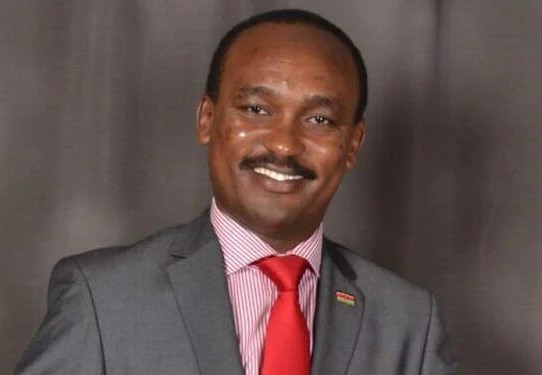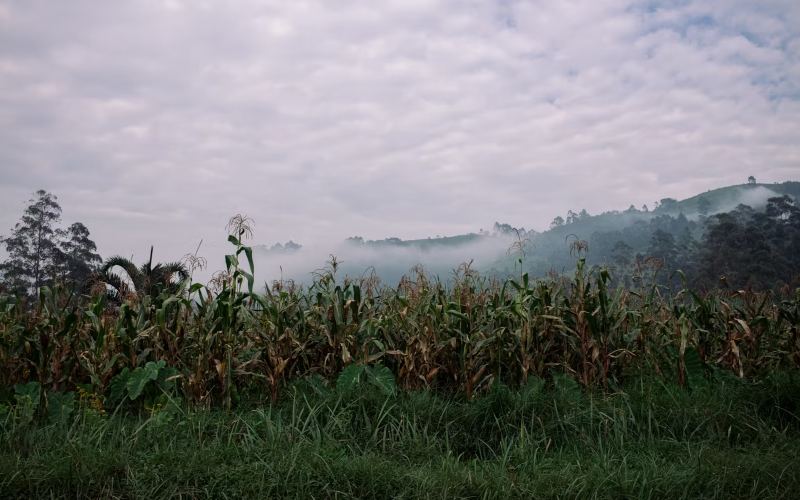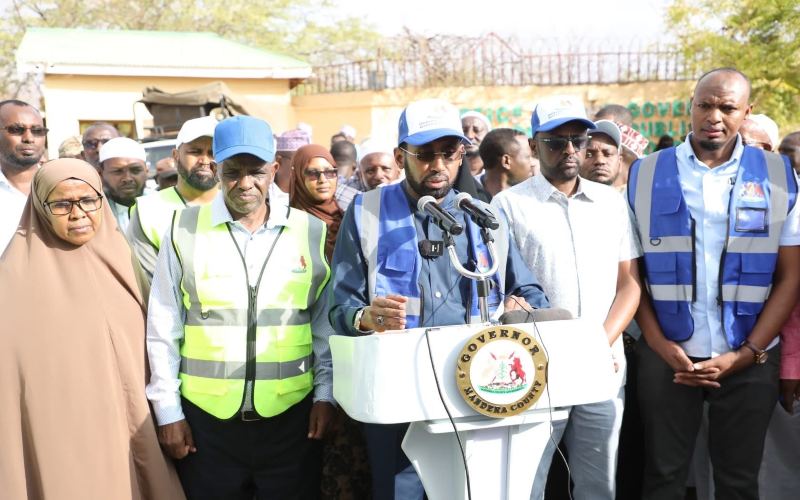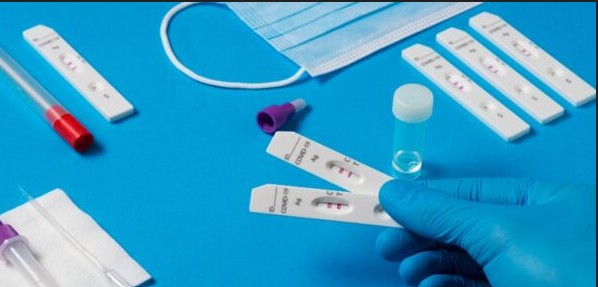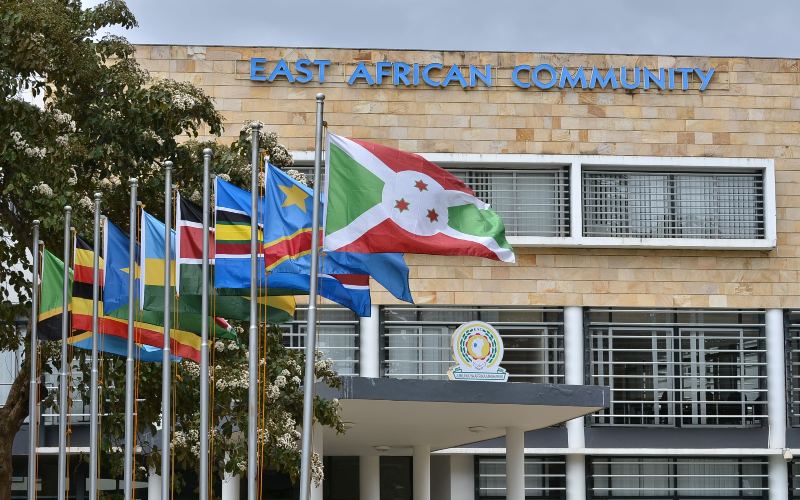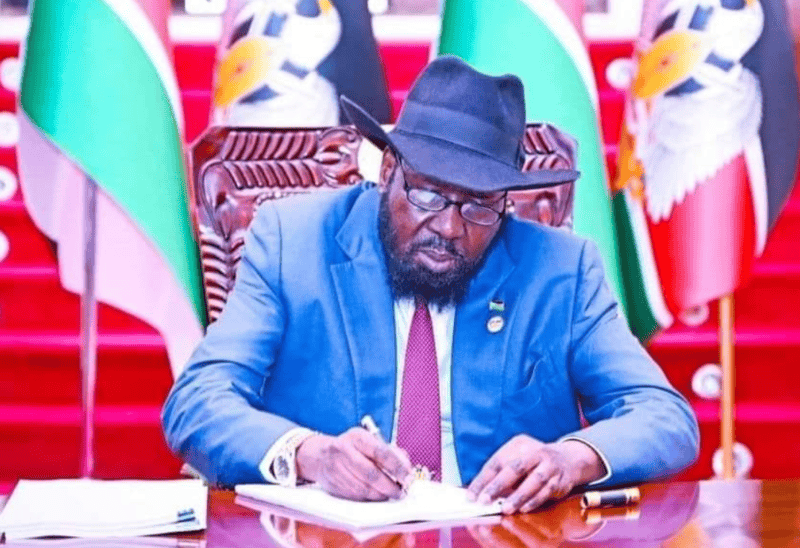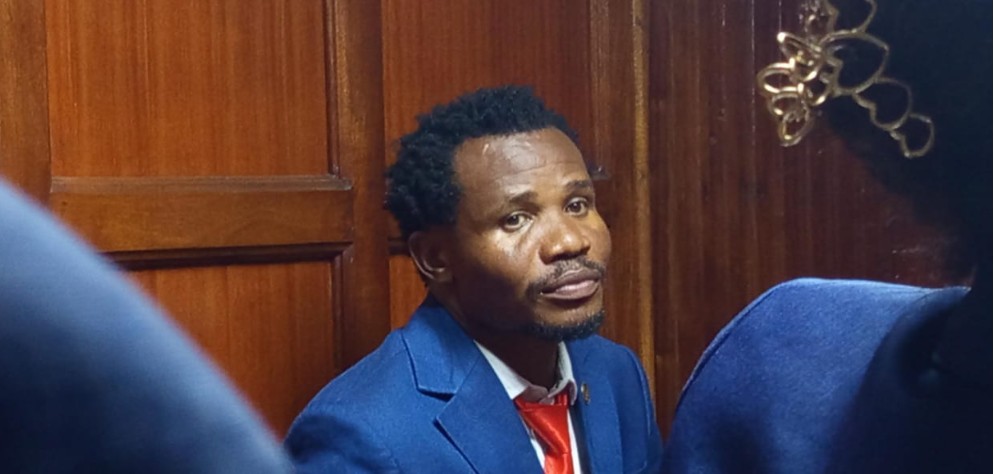Experts reject kidney harvesting claims, point to system failures
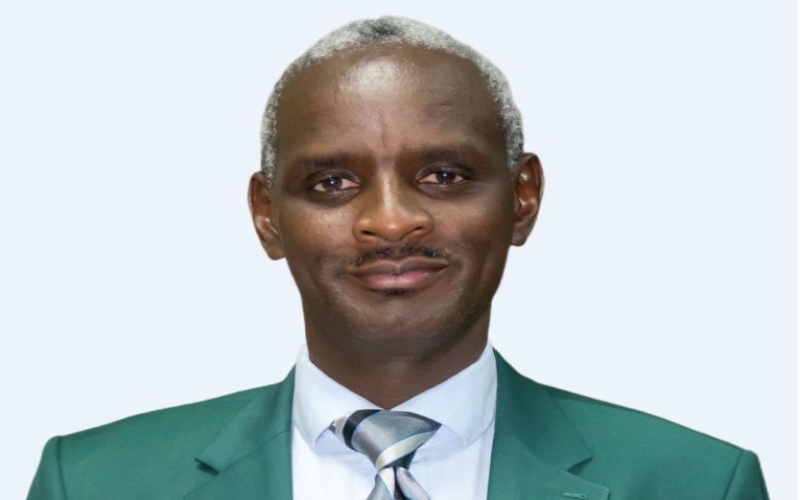
Dr Matthew Koech, a nephrologist at the Oak Tree Centre for Kidney and Chronic Diseases, highlighted the difficulties caused by the absence of a proper transport system.
Medical experts appearing before Parliament have dismissed claims of illegal kidney harvesting in Kenya, saying the country’s main challenge is weak systems and poor infrastructure rather than organ theft.
They said that logistical failures, including the lack of a reliable courier service for critical blood samples, are the real problems undermining transplant services.
More To Read
- Chronic kidney disease surpasses tuberculosis and colorectal cancer in mortality rankings
- Kidney transplant breakthrough could save thousands waiting for compatible donors
- Outdated organ transplant laws exposing Kenyans to exploitation, MPs told
- MPs hear harrowing testimonies of kidney trafficking in Uasin Gishu
- MPs launch probe into kidney transplants on foreign nationals in Eldoret hospitals
- Mediheal founder faces prosecution, deportation over kidney transplant cases– CS Duale
The National Assembly’s Health Committee heard that even though Kenyatta National Hospital (KNH) offers tissue typing tests essential for matching donors and recipients, clinicians often rely on private labs or overseas facilities because of the risks posed by delayed or mishandled samples.
Dr Matthew Koech, a nephrologist at the Oak Tree Centre for Kidney and Chronic Diseases, highlighted the difficulties caused by the absence of a proper transport system.
“KNH lacks a reliable courier system to guarantee the safe and timely transport of blood samples, a fundamental requirement for accurate results,” he explained.
His testimony was supported by Robert Mangeni, chief laboratory technologist, who described the differences between KNH and private providers.
“When Metropolis or Lancet come for the samples, we are confident they are in safe hands,” he said. “At KNH, unless I personally deliver them to Nairobi, they risk mishandling. By the time they reach the lab, they may already be spoiled.”
The experts said these failures make it impossible to run a functioning deceased donor programme, which is vital for addressing the shortage of organs. Dr Koech explained that kidneys from deceased donors must be typed, harvested, and transplanted within six hours, a window that cannot be met under current conditions.
“If an accident victim is declared brain-dead and the family agrees, we cannot complete the process in time. We do not yet have the systems and coordination to make this feasible,” he said.
In this context, the panel firmly rejected rumours of organs being stolen, including allegations linked to the Shakahola incident.
Dr Koech stressed that removing a kidney for future use is neither medically nor scientifically possible.
“There is no way you can remove a kidney today and store it for use later,” he said.
“Even in advanced settings, a kidney cannot be preserved for more than 24 hours. The process requires a proper clinical setting,” he added.
The inquiry also addressed concerns about foreign patients, particularly from Somalia, who travel to Kenya for transplants. Hospital administrators admitted these cases create legal and ethical challenges, as patients often arrive with willing donors but without formal clearance from their governments.
Diana Chepngetich, a transplant coordinator, explained that each such case forces hospitals to navigate delicate ethical decisions, highlighting the urgent need for clear regulations governing cross-border organ transplants.
Top Stories Today
